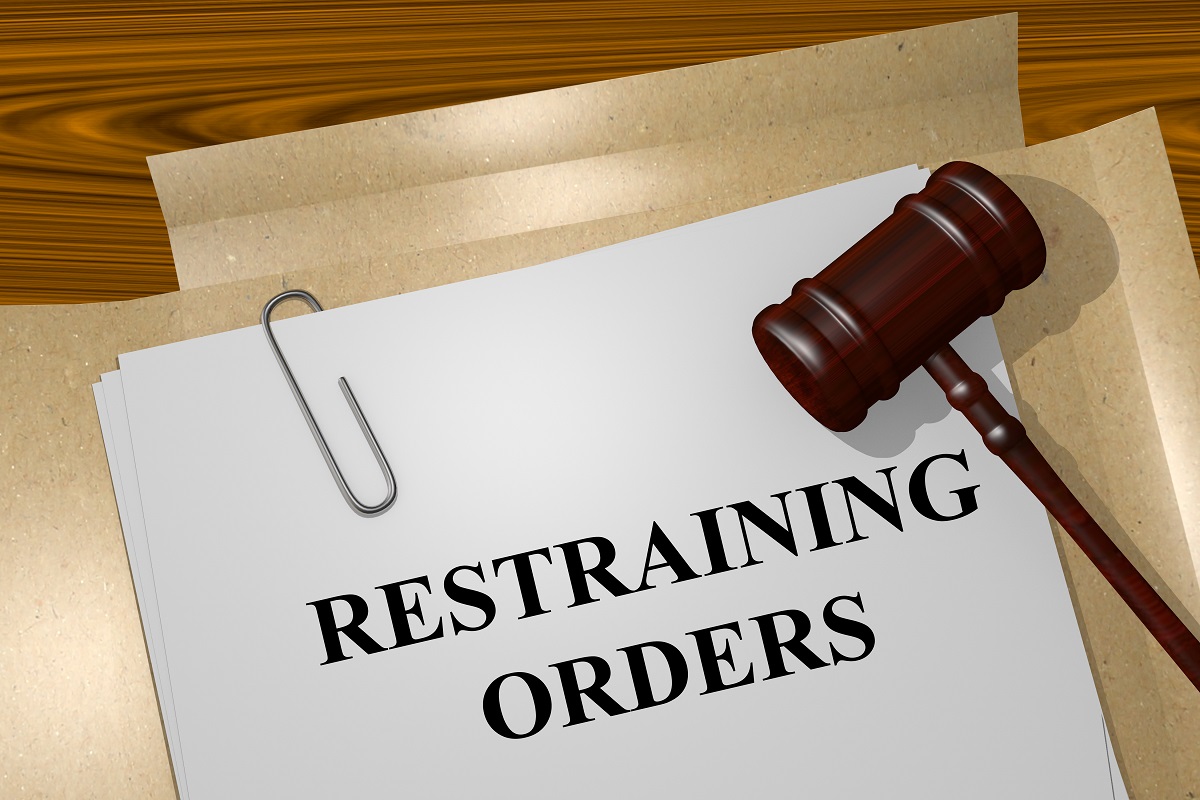- Legal separation differs from divorce and does not completely dissolve the marriage.
- Mediation can help establish child custody and visitation rights without ending the marriage.
- Legal separation can be expensive and may involve court fees, mediation, and other expenses.
- Filing for legal separation involves submitting the necessary paperwork to the court system.
- Legal separation can emotionally impact the couple involved and should be discussed with a therapist or counselor.
Legal separation is a process that allows couples to live separately without ending their marriage. Although legal separation does not completely dissolve the marriage, it has significant legal and financial implications. If you are considering a legal separation, it is essential to understand what it involves, how it works, and what legal issues you need to consider. This blog post will provide the crucial information you should know before pursuing a legal separation.
1. Understand the Difference between Legal Separation and Divorce

Legal separation is not the same as divorce. Many people think the two are interchangeable, but they have different implications. Here are some of the key differences between legal separation and divorce:
a. Legal separation does not end a marriage.
In a legal separation, the couple remains legally married but lives independently. In contrast, divorce completely dissolves the legal and financial ties between spouses. Legal separation is often viewed as a temporary arrangement, allowing the couple to take a break from each other without ending their marriage.
b. Legal separation does not involve the exact financial implications of divorce.
Unlike divorce, a legal separation does not require dividing assets and debts. Although a couple may reach a voluntary agreement to divide them in the event of a separation, it is not legally binding like it would be in a divorce.
c. Legal separation may not be available in all states.
Although legal separation is available in some states, it is not an option in every state. Additionally, some states may have residency requirements that must be met to file for legal separation.
d. Legal separation prevents spouses from remarrying.
Once a couple is separated legally, they cannot remarry until a divorce is finalized. This means that even if one spouse wants to remarry, they must wait until the legal separation is complete.
2. Mediation and Legal Separation
Mediation allows couples to agree without involving the courts. This can be an excellent option for couples not necessarily seeking to end their marriage but still need to resolve disagreements. Many couples choose mediation when they are considering a legal separation. The court typically requires mediation before filing for a legal separation and can help resolve issues such as child custody and support, asset division, and other matters. An experienced mediation lawyer can help you explore your options and determine the best course of action for your situation.
3. The Cost of Legal Separation
Legal separation is not cheap. The costs can vary depending on the case’s location and complexity. As with divorce, legal separation often requires the services of a lawyer. Additionally, there may be court fees, mediation fees, and other costs associated with the process. It is essential to consider whether the cost of legal separation is worth it compared to other alternatives, such as divorce or mediation.
4. Filing for Legal Separation

If you decide a legal separation is right, filing the necessary paperwork with your state’s court system is next. This will involve submitting a petition that outlines the terms of your separation and an agreement outlining how any assets or debts should be divided. Once both parties sign the deal, it will be filed with the court, and the legal separation process can begin.
5. The Emotional Impact of Legal Separation
Finally, legal separation can have a significant emotional impact on both parties. No matter the reasons for the split, it is often a difficult and stressful process. Legal separation usually signals the end of a relationship, and dividing assets and debts can be stressful and emotionally draining. Couples who decide to pursue legal separation should prepare themselves for the emotional impact and consider seeking counseling or therapy to help them through the process.
Legal separation is a serious decision that requires careful consideration. If you are considering a legal separation, it is essential to understand how it works, the implications, and what legal issues need to be considered. Consult the right legal professionals who can guide and advise you. Remember, this can be expensive and emotionally challenging. Consider talking to a therapist or a counselor who can help you navigate the emotional impact of the process.


